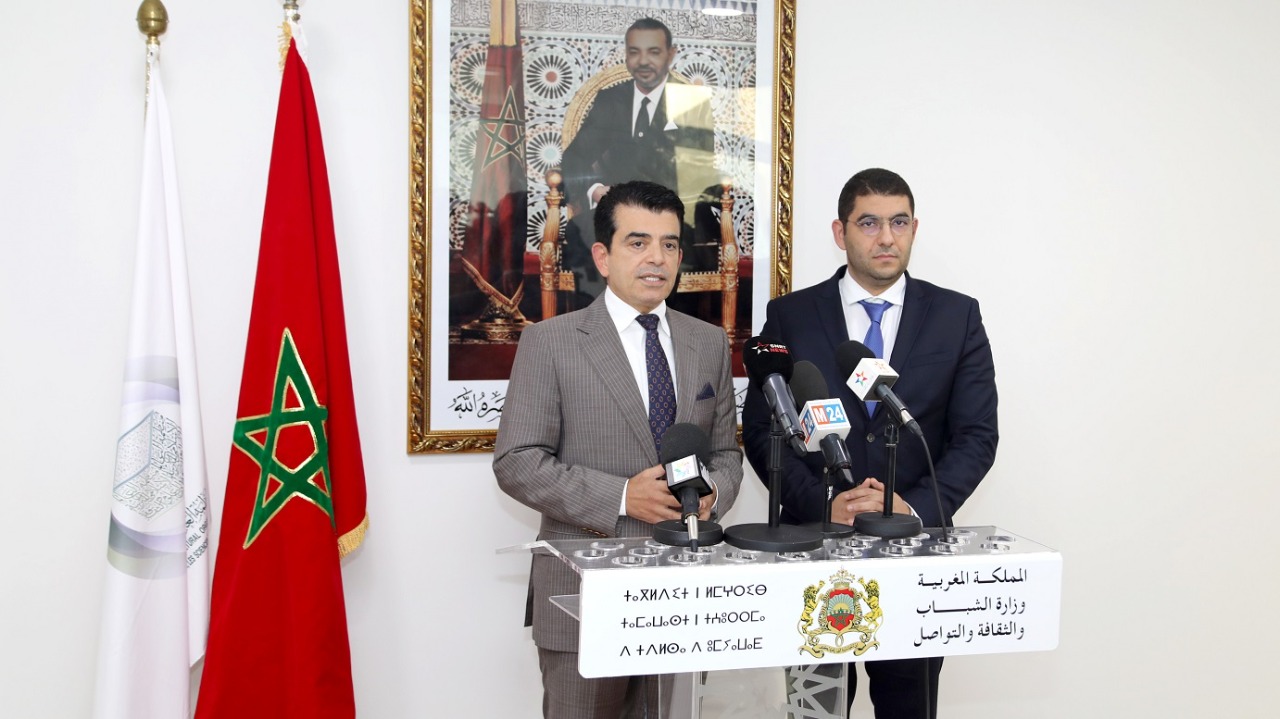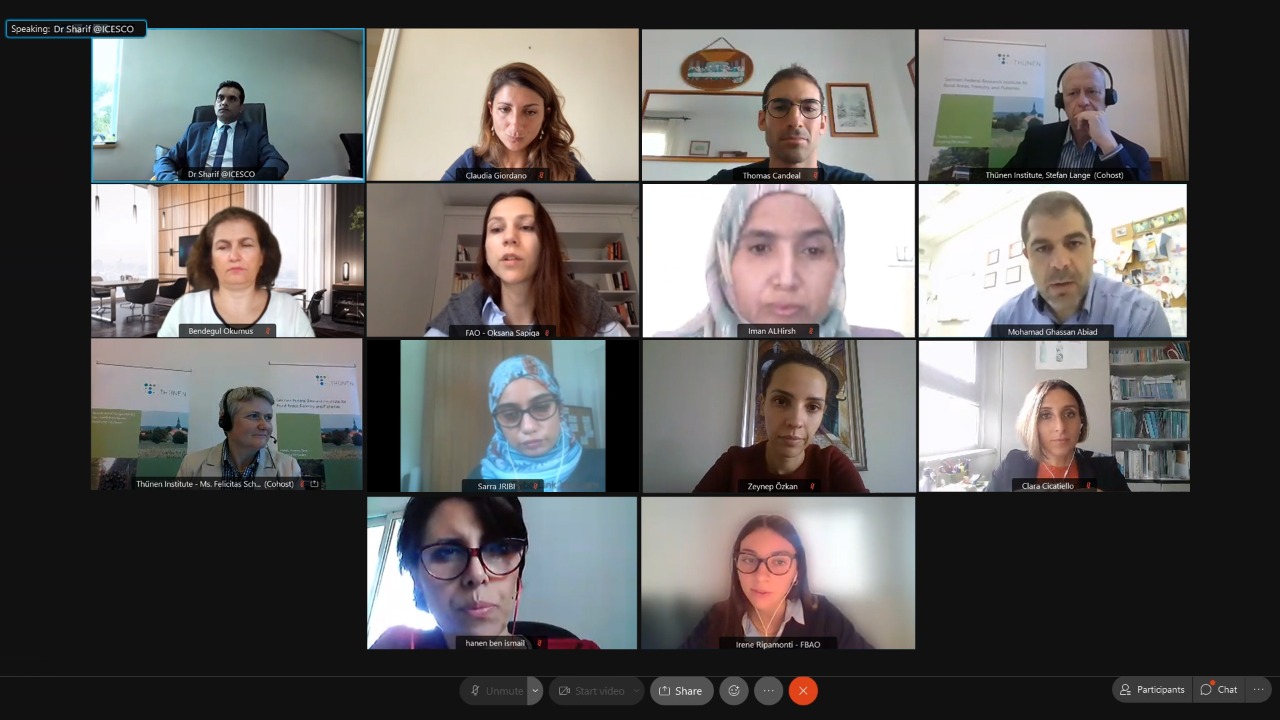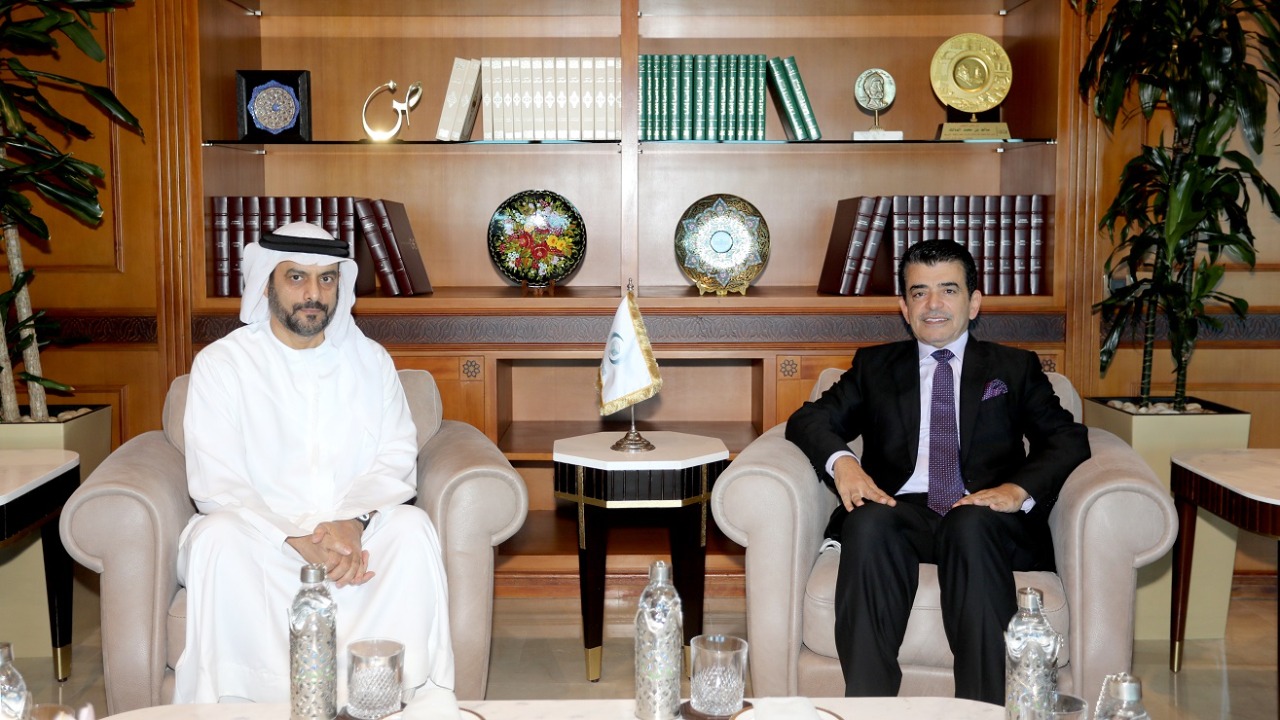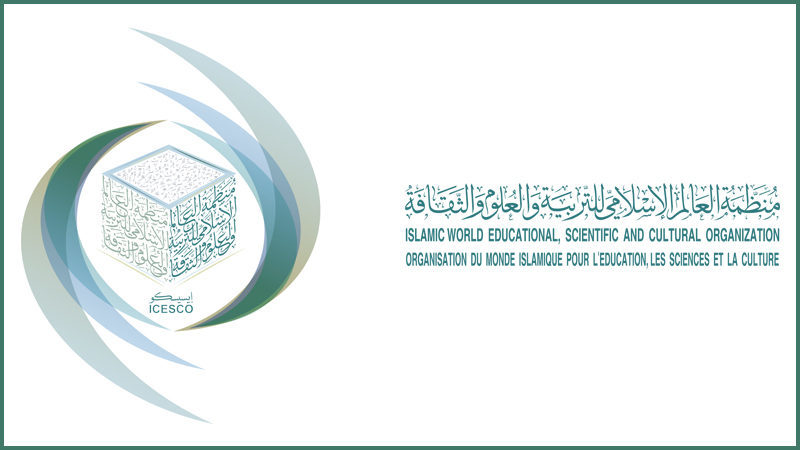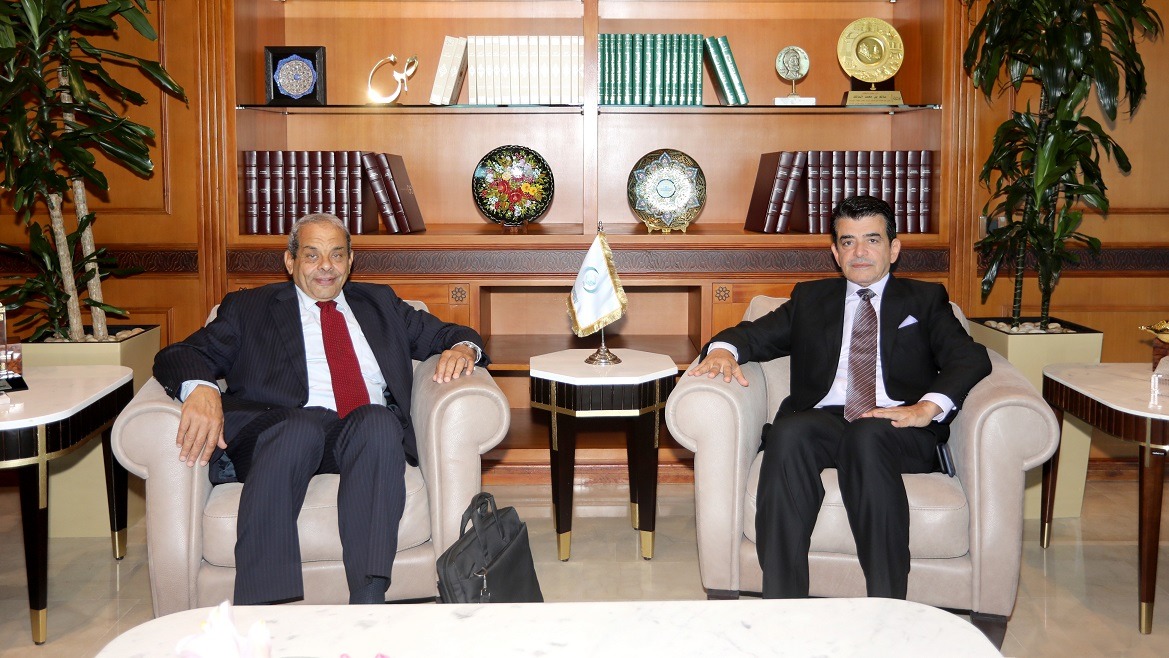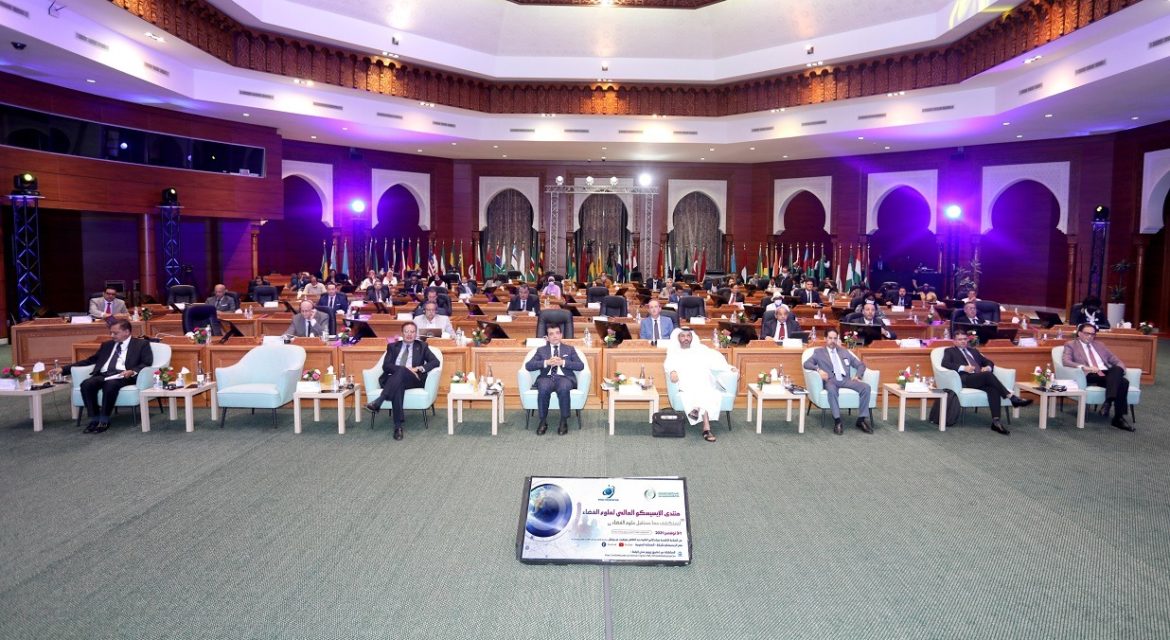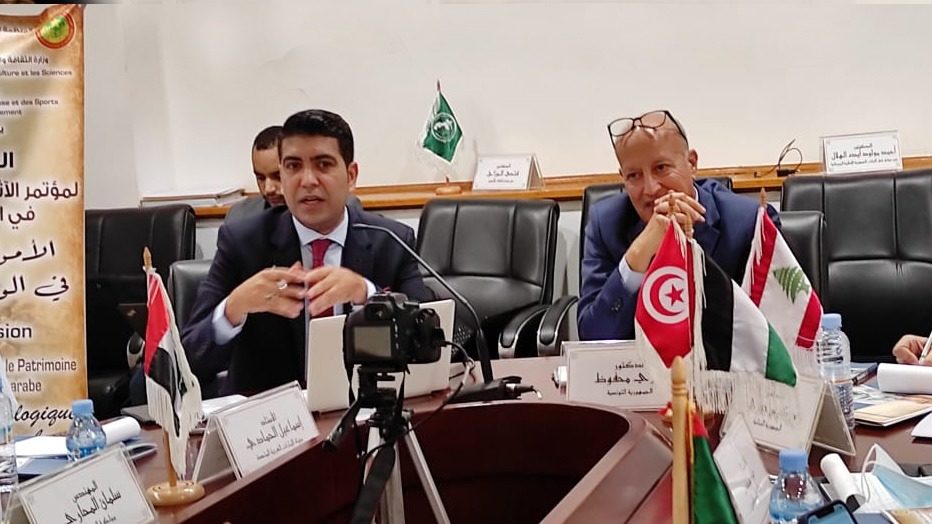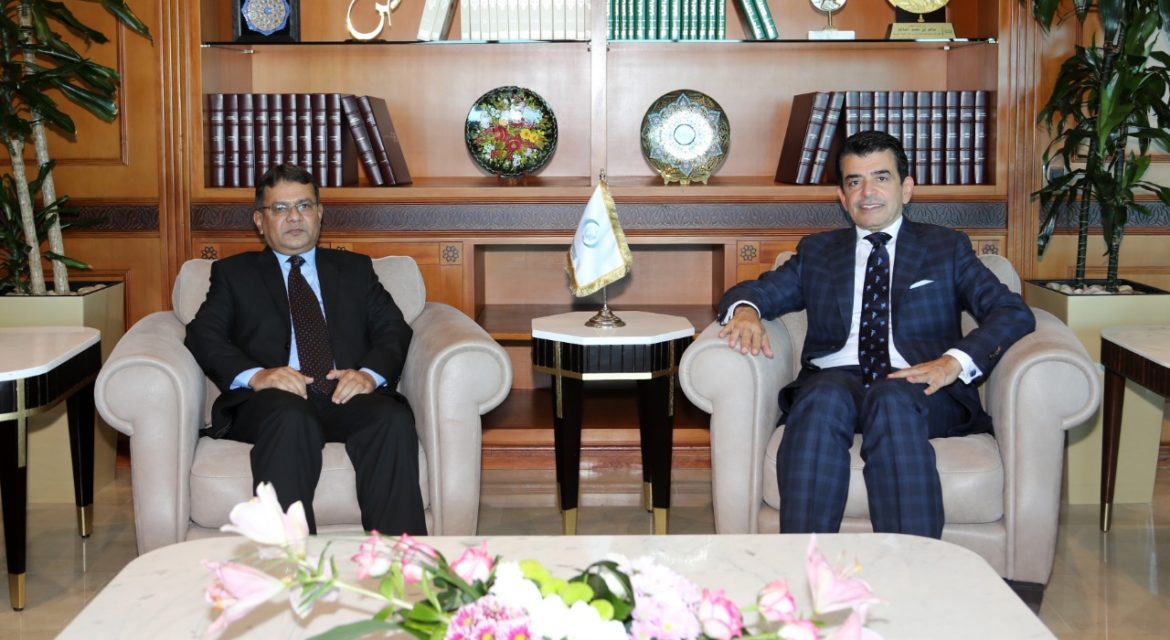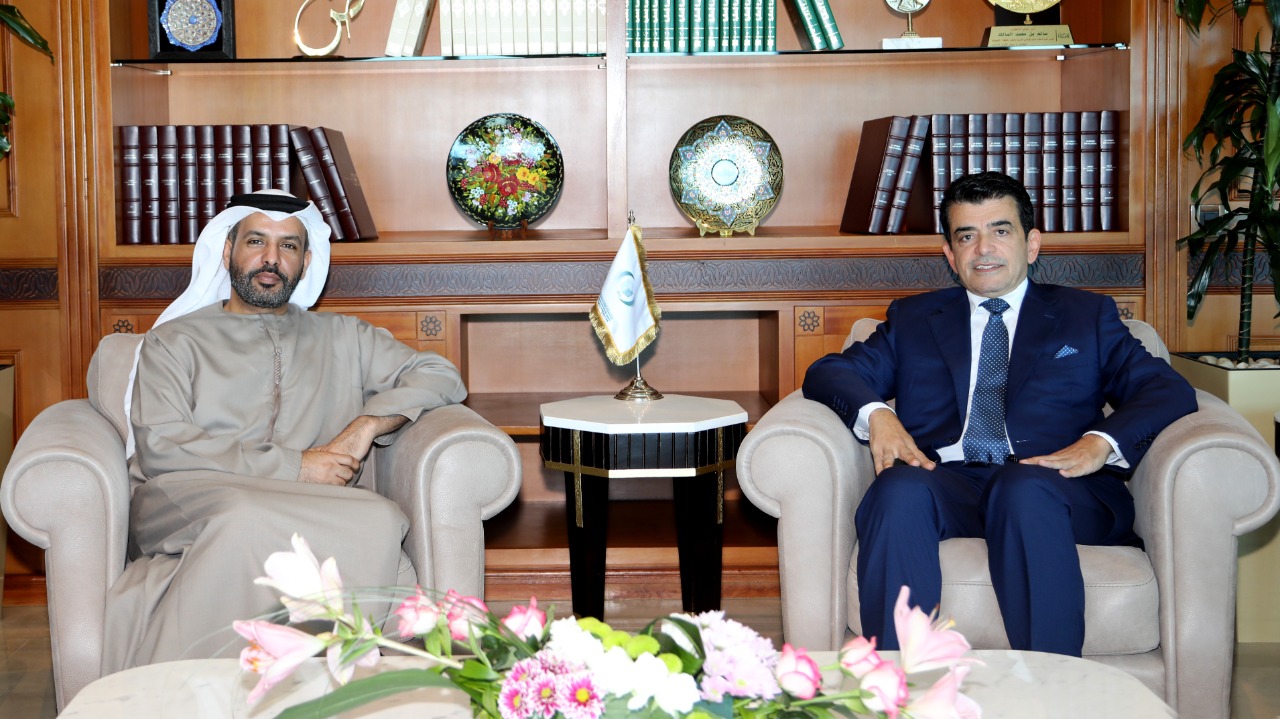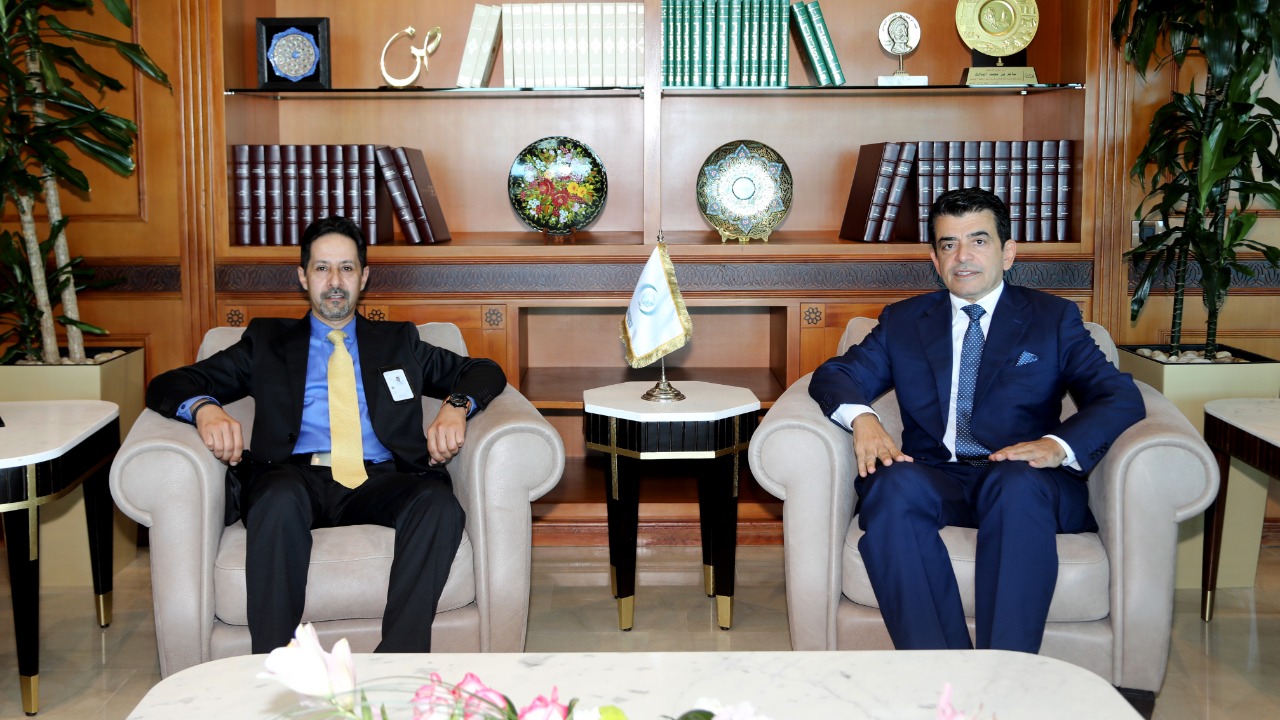Salim M. AlMalik, Director-General (DG) of the Islamic World Educational, Scientific and Cultural Organization (ICESCO), and Mr. Mohamed Al-Mehdi Bensaid, Minister of Youth, Culture and Communication of the Kingdom of Morocco, explored the arrangements for the proclamation of Rabat as the 2022 Islamic World Capital of Culture for the Arab Region, as part of ICESCO’s Islamic World Capitals of Culture Program.

At the beginning of the meeting, held today, Friday 05 November 2021, at the Ministry Headquarters in Rabat, Dr. AlMalik congratulated Mr. Bensaid on the trust placed in him by His Majesty, King Mohamed VI, may Allah preserve him, upon his appointment as Minister of Youth, Culture and Communication, expressing his warm wishes to Mr. Bensaid in assuming this major responsibility.

The meeting also discussed the executive measures relating to agreeing upon the details of the programs and activities to be implemented throughout 2022, as part of the celebration of Rabat as the Islamic World Capital of Culture for 2022. The two parties also talked about the consultative meeting to be held on 22 November 2021, to present the blueprint of the celebration programme, which will bring together representatives from all ministries in the new Moroccan Government and an ICESCO team.
In addition, the two parties discussed the proposal of the Moroccan Ministry of Culture to organize the upcoming edition of the International Book and Publishing Fair in Rabat. The Fair is one of the major cultural events in Morocco and features a variety of activities relating to books, publishing and culture.

Moreover, the two parties also discussed the latest developments regarding several cultures and heritage projects, to be implemented by ICESCO in cooperation with the Moroccan Ministry of Youth, Culture and Communication, reaffirming their keenness to sustain the fruitful cooperation between ICESCO and the Ministry in the fields of youth training and capacity building, culture, heritage and the co-organization of a number of cultural events.
Dr. Abdelilah Benarafa, Deputy DG, and Mr. Najib Riati, Advisor to the General Directorate, also attended the meeting.


